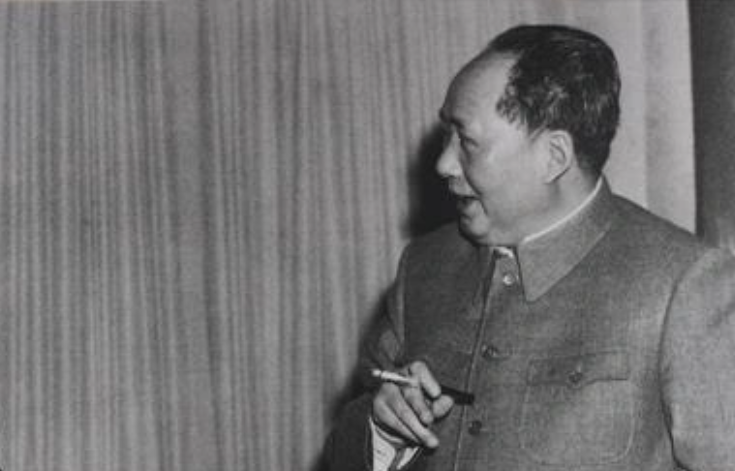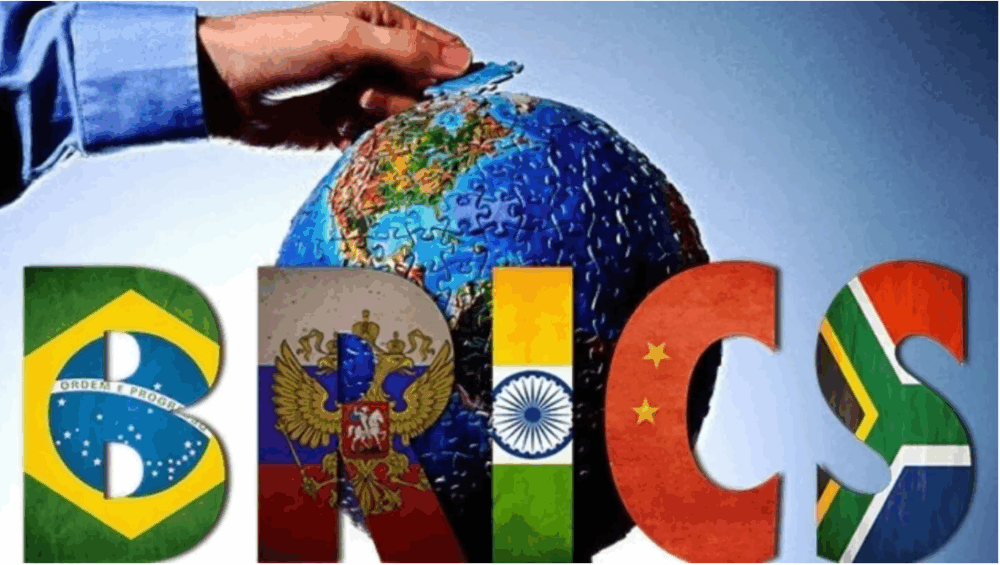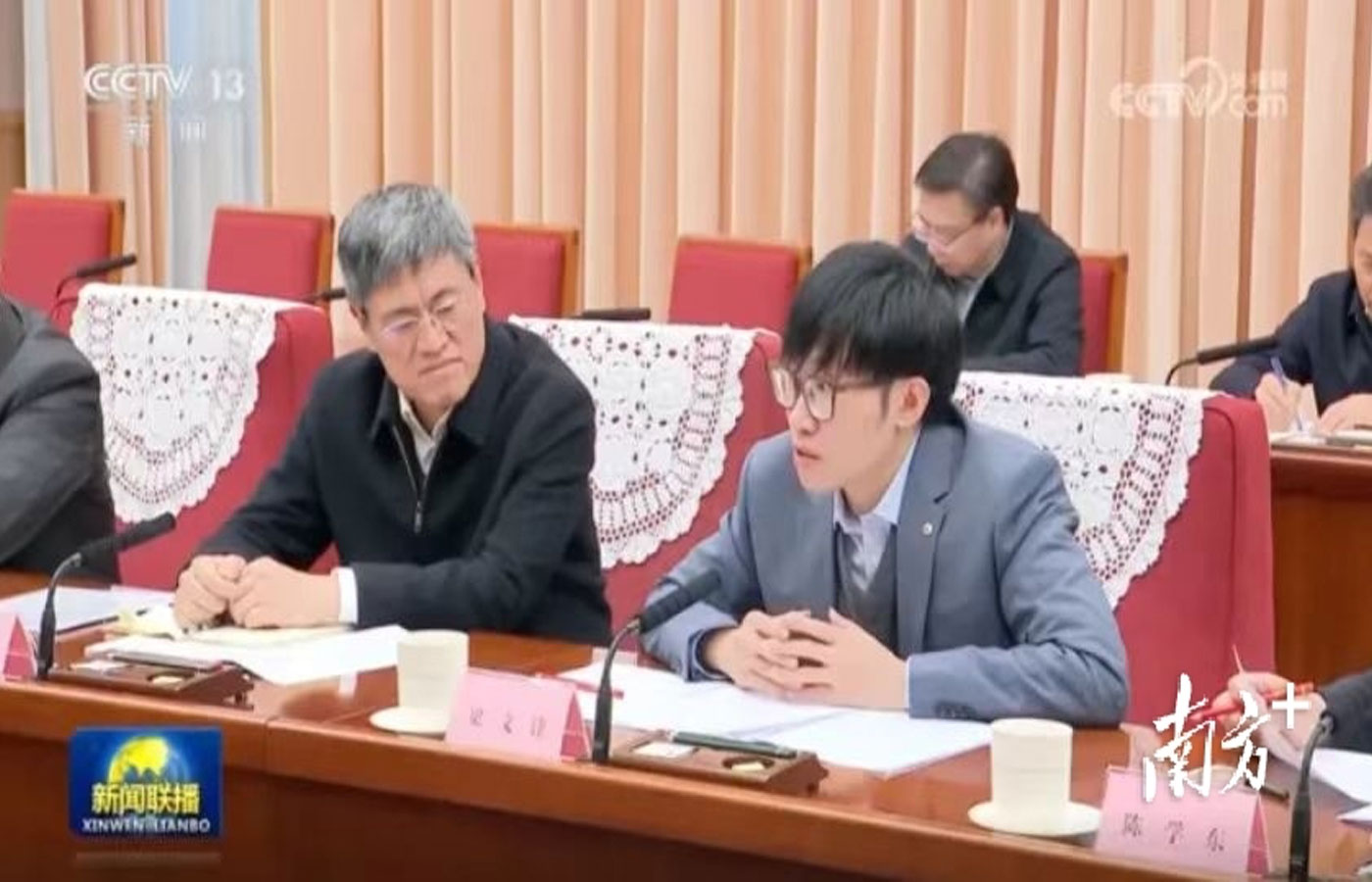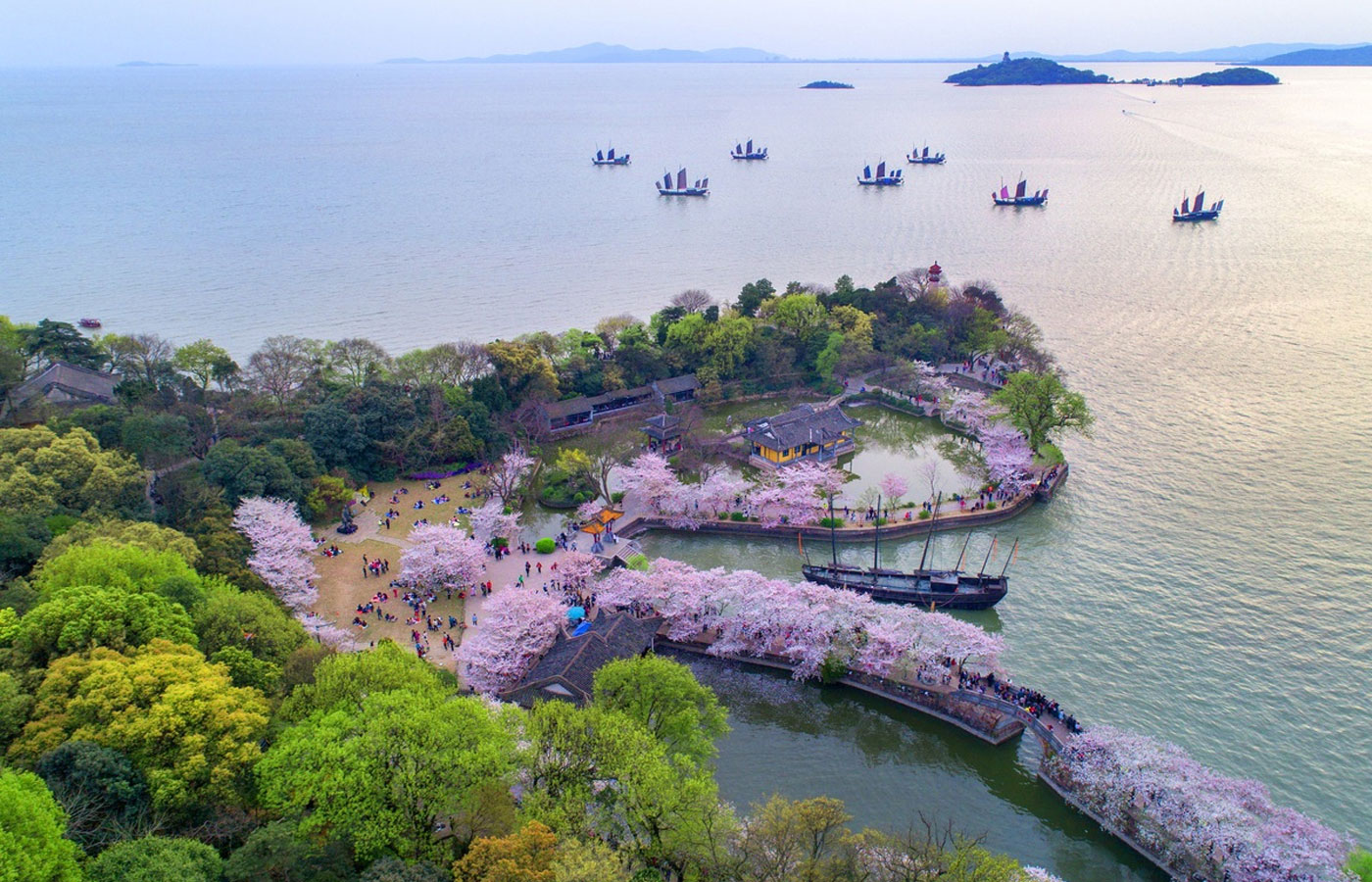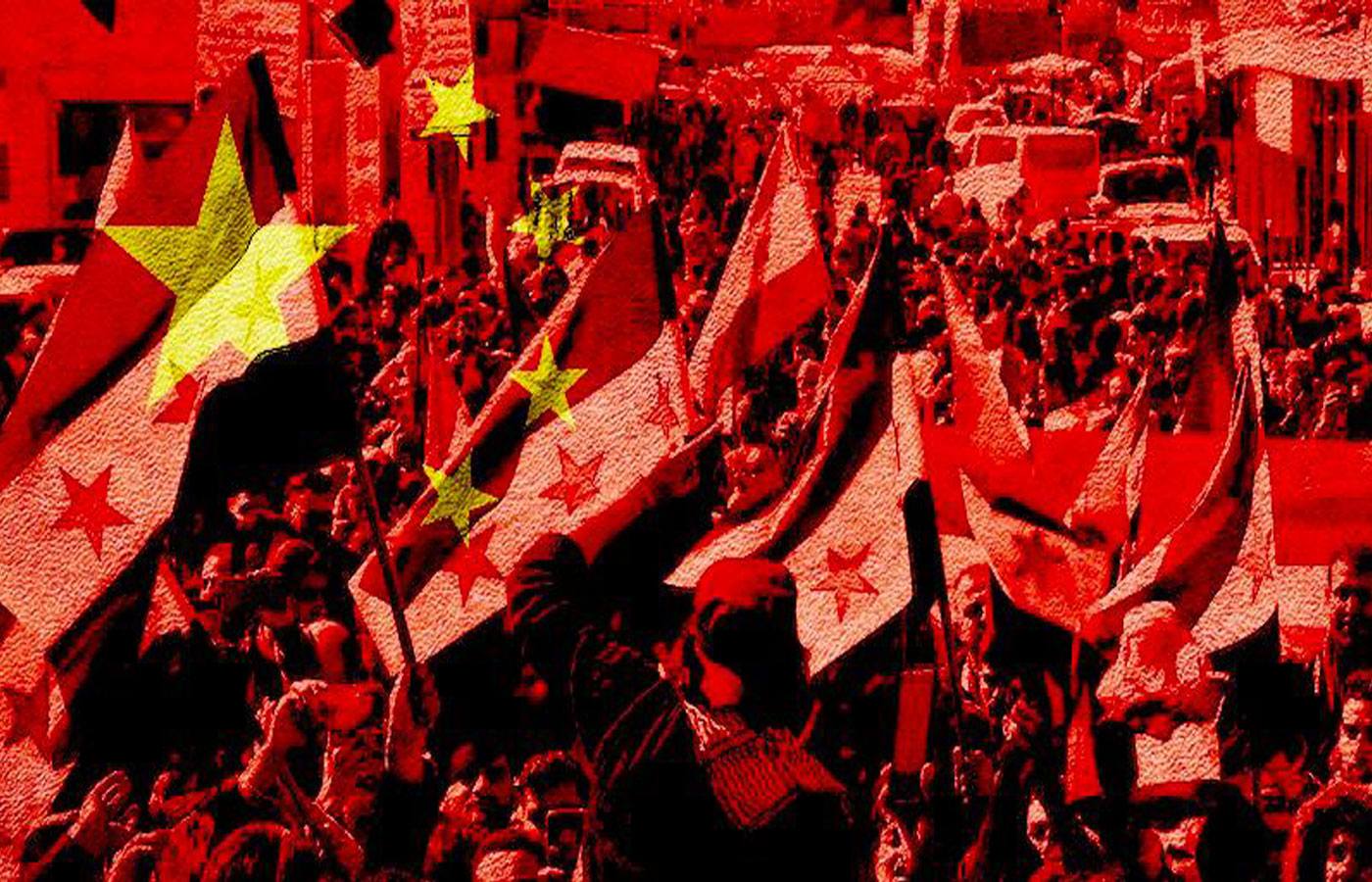Paradoxically, the differences seem to widen with each successive meeting between Chinese representatives and their American counterparts. The most recent meeting in China between the US Secretary of State and several senior Chinese leaders, including President Xi Jinping, once again confirms this divergence of views between the two great powers.
In view of the American declarations that preceded and followed these meetings, Washington persists in arrogating to itself the role of a hegemonic power, whose status authorizes it to issue directives to the whole world, including the great Eurasian and global power that China has become. In other words, Washington persists in denying Beijing’s position on the new global geopolitical chessboard.
In short, to appease Washington:
– China should let Russia and Iran, its strategic partners, wither away
– China should let Taiwan become a US military base
– China should place Pyongyang under US yoke
– China should accept being surrounded by US military bases
– China should fully liberalize its market
– China should give up its scientific and technological development.
These are, in essence, the demands formulated by the United States with regard to Beijing. This contemporary geopolitical confrontation between the Western bloc led by the US and the Global South led by China recalls, in reverse, that pivotal moment when the Roman Empire was torn between defending its ancient beliefs, marked by pagan traditions, and the increasingly vigorous affirmation of Christian monotheism. As we know, “ancient” Rome had to give way to what was to become the Christian Roman Empire, but not without a final battle.
This struggle was epitomized by the traditionalist Symmachus, whose philosophical arrows strove to resist the extinction of a world he cherished, but was unaware was already dead.
“We gaze upon the same stars, the sky is common to us all, the same world envelops us. What difference does it make by what judgement a person searches out the truth? So great a mystery cannot be arrived at by one path”. (Symmachus, Rel. 3,10)
Despite its inspired beauty, this final battle, marked by tolerance, will change nothing.
If we were to transpose this historical past into the global geopolitical context of our times – leaving aside religious considerations – the roles would be reversed. Paganism would correspond to the multipolarity claimed by the Global South, which is on the verge of imposing itself, while Christian monotheism would correspond to the unilateralism of the American hegemon, which is on the verge of extinction.
American unilateralism is inevitably based on a universalist conception of the world, in other words, on a hegemonic mode of governance that reached its apogee in the wake of the collapse of the USSR. The American system of domination is based on neo-liberal capitalism modelled on the colonial system, and is built on perpetually changing “values” and “rules”, dictated to the rest of the world according to the interests of the hegemon, and to the detriment of the best interests of other peoples.
On the contrary, China calls for the emergence of a multipolar world and an international order based on the principles of the UN Charter. It thus demonstrates its attachment to the diversity of peoples, civilizations and cultures, as well as the variety of political and economic systems. This principle of civilizational plurality is in a way the nervous system of the Chinese principle of peaceful coexistence. Xi Jinping’s words to US Secretary of State Antony Blinken are a reminder of this:
“The world is big enough to accommodate the simultaneous development and prosperity of China and the United States”.
For some time now, China has been taming the United States with extreme caution, to avoid arousing the resentment of a prince who was once a king. Perhaps this explains why, despite the outrageous genocide suffered by the Palestinians before the world’s incredulous eyes, China has remained mired in a diplomatic semi-mutism towards Washington, the sponsor of Israeli war crimes.
Sensing the dangerousness of the wounded beast, Beijing is striving to appease Washington’s ire in this delicate phase of global transition, which is taking the form of the agony of the American Empire. The United States continues to lose, in battle after battle, the hegemonic properties that had ensured its undivided reign over the world since the Second World War. As an allegory of a Symmachus destined to win the round, Xi Jinping and his partners in the Global South are learning to navigate troubled waters.


